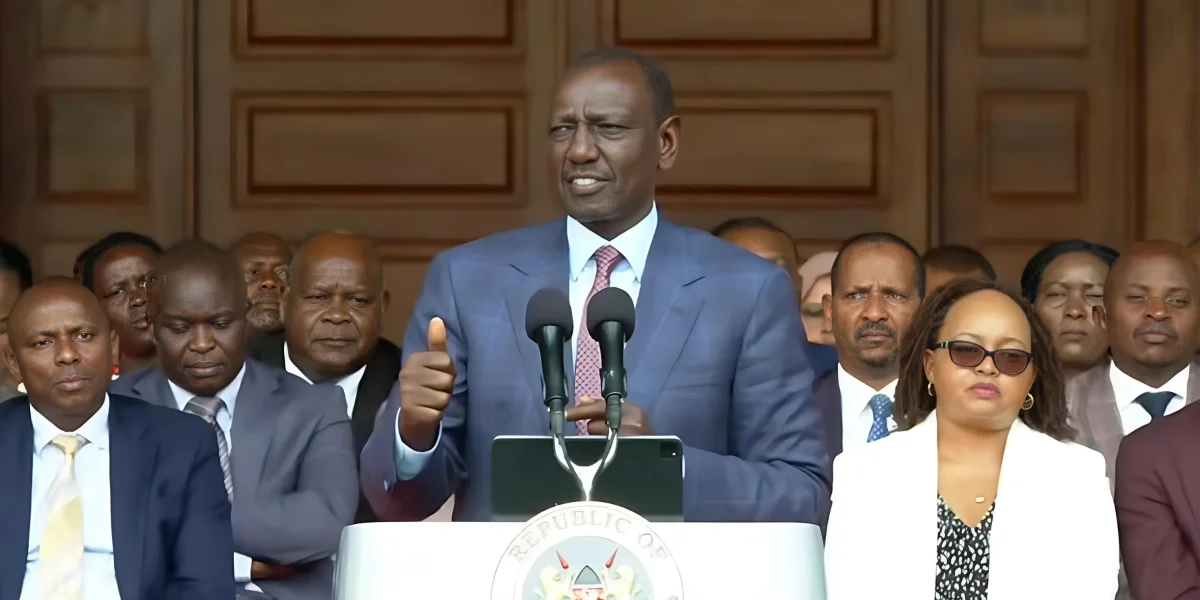Kenya's President Ruto retracts finance bill following fatal protests

In an abrupt turnabout on Wednesday, President William Ruto of Kenya announced his intention to rescind a contentious finance bill that had triggered violent protests and a deadly government crackdown on Tuesday, during which demonstrators stormed Parliament just minutes after the bill was passed by lawmakers, killing 22 people.
However, as the East African country fights to reduce its foreign debt load, he cautioned that the withdrawal of the finance bill would result in a large financial gap for development initiatives meant to support, among others, farmers and teachers. "I concede and therefore I will not sign the 2024 finance bill and it shall subsequently be withdrawn," Ruto told a press briefing, adding: "The people have spoken."
The ferocity of the opposition to Ruto's tax hikes has caught the administration off guard, with nationwide rallies last week. Tuesday's mostly peaceful protests descended into violence after MPs approved the bill and police opened fire on throngs of demonstrators who were looting the partially burned-out parliament building.
The 300 injured people and 22 fatalities were reported by the state-funded Kenya National Commission on Human Rights, which also announced that an investigation would be opened.
One of Ruto's main strategies for trying to turn around Kenya's economy has been the contentious tax proposals. Despite Kenya's high debt load, he campaigned for office in 2022 on a platform of providing cheaper fertilizer and economic help to the country's underprivileged citizens. As early as his victory speech, though, he acknowledged that “clearly, we are living beyond our means.”
As MPs started debating the bill containing the tax hikes last week, frustration over the growing expense of living erupted. The increases, according to Ruto's cash-strapped administration, were necessary to pay off Kenya's enormous debt, which totals over 10 trillion shillings ($78 billion), or nearly 70% of the country's GDP.
The recent economic hardships in Kenya have exacerbated inequality in a nation whose youthful populace is growing more and more enraged at the extravagant lifestyles of Ruto and other politicians.
Before the turnaround on Wednesday, Ruto had few choices. Though some observers had suggested that more violence or talks with the divided protest movement would be possible, few could have predicted such a comprehensive turnaround.


